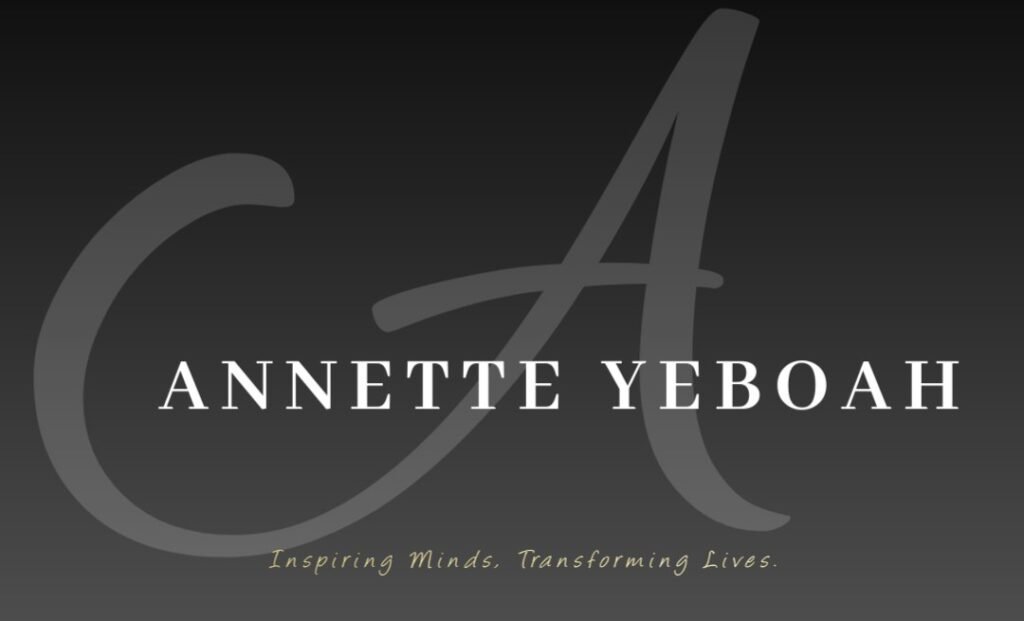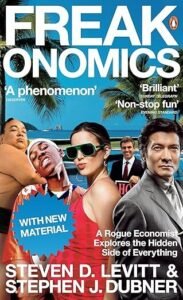Malcolm Gladwell’s David and Goliath: Underdogs, Misfits, and the Art of Battling Giants challenges how we think about strength, advantage, and success. At first glance, it’s a book full of stories about schools, but dig a little deeper, and you realize its lessons stretch far beyond classrooms. Gladwell pushes us to question the assumption that bigger, better, or more prestigious is always better and that sometimes what looks like a disadvantage can actually be a hidden strength.

A striking example from the book comes in the story of Randolph, a young man who got into Harvard, a dream school for many. Gladwell writes, “Randolph went to the school he wanted. But did he get the education he wanted?” Later, he sums up the outcome with a sharp line: “Harvard cost the world a physicist and gave the world another lawyer.” This isn’t just a clever turn of phrase. It’s a powerful way of saying that success isn’t always about prestige or opportunity, sometimes, the environment itself shapes your path in ways you don’t expect.
The Paradox of Advantage and Disadvantage
Gladwell’s central argument is that what we think of as an advantage isn’t always one. Being “the best” or in the “best” place can sometimes become a burden. Randolph’s story is a perfect example. He entered Harvard aiming to be a physicist, but surrounded by other brilliant students, he quickly felt overshadowed and out of place. Instead of rising to the challenge, he switched paths to law, a field where he felt more confident.
This raises a big question: if Harvard is supposed to be the ultimate place to grow academically, why did Randolph struggle? Gladwell suggests that the very competitiveness and pressure that make Harvard prestigious can also undermine the confidence and development of some students. When everyone around you is exceptionally talented and driven, it’s easy to doubt your own abilities, even if you’re talented.
The “Big Fish, Little Pond” Effect
This idea links closely to what psychologists call the “big fish, little pond” effect. Gladwell puts it simply: it’s better to be a big fish in a little pond than a little fish in a big pond. What does that mean? If you’re in a smaller, less competitive environment, you’re more likely to feel confident, noticed, and valued. In contrast, being in a top-tier setting might make you feel average or invisible, even if you’re very capable.
It’s a powerful reminder that success is relative. Your environment shapes your self-perception, motivation, and ultimately your achievements.
More Isn’t Always Better

Gladwell takes this further when he questions the value of simply adding more resources or pushing for the “best” in education. For instance, he points out that shrinking class sizes doesn’t always lead to better learning outcomes. In fact, very small classes can sometimes hinder participation and diversity of thought. There’s an optimal balance to be found—not just bigger or smaller automatically equals better.
This nuance is important because it pushes back against the common assumption that “more” is always “better.” Whether it’s money, prestige, or attention, there’s often a tipping point where advantage turns into disadvantage.
From Schools to Churches and Workplaces
While David and Goliath uses schools as a main backdrop, its lessons apply far beyond classrooms. Take churches, for example; like International Central Gospel Church, Christ Temple East, Teshie Bush Road. These are large, vibrant faith communities with influence and resources, the “Goliaths” in their context.
But Gladwell’s message reminds big churches to be intentional about not losing sight of the individual. In a large congregation, people can feel like “little fish in a big pond,” overshadowed or unnoticed. Churches that create smaller communities, mentorship opportunities, and leadership spaces can help individuals feel valued and empowered.
Also, just like prestigious schools, large churches can sometimes unintentionally discourage people from pursuing their unique callings if those don’t fit the dominant mold. Gladwell’s insights encourage churches to recognize hidden strengths in people who may seem like underdogs, and to foster resilience and leadership among them.
The Role of Adversity
Another major theme in Gladwell’s book is how adversity can be an asset. This idea resonates deeply with many faith communities, where struggle and perseverance are part of the spiritual journey. Randolph’s difficulties at Harvard, rather than crushing him entirely, forced him to reconsider his path.
Similarly, individuals and institutions often grow stronger through hardship. Gladwell reframes adversity not as something to avoid at all costs, but as something that can build character, creativity, and determination. This is especially true in churches and ministries, where challenges can lead to deeper faith and renewed purpose.
The Cost of Prestige
Returning to Randolph’s story, the phrase “Harvard cost the world a physicist and gave the world another lawyer” is a poignant critique of how institutions can shape outcomes beyond pure ability or passion. It highlights that even the most prestigious places can sometimes steer talent away from fields where it might make the biggest impact.
This is a call to rethink how we measure success and opportunity. It asks educators, employers, and leaders to consider whether their environments truly help people thrive or simply filter them into “safe” or socially acceptable roles.
Choosing the Right Environment
What does all this mean for individuals? It means that when making decisions about schools, jobs, churches, or communities, fit matters as much as prestige or resources. Sometimes the best environment isn’t the most famous or largest it’s the one where you can grow, be confident, and find support to start building a legacy that lasts.
For leaders, whether in education, church, or business, the lesson is to create spaces that nurture diverse talents and encourage people to pursue their unique strengths. Success isn’t one-size-fits-all.
Final Thoughts
Malcolm Gladwell’s David and Goliath isn’t just a book about underdogs beating giants. It’s a profound exploration of how disadvantage and advantage work in unexpected ways. Randolph’s Harvard story crystallizes this: success is as much about environment and mindset as it is about raw ability.
For anyone wrestling with the pressure to be “the best” or trying to find their place in a big, competitive world, the book offers a hopeful message: sometimes, stepping away from the “big pond” is exactly what you need to flourish.
And for institutions whether schools or churches it’s a reminder to look beyond prestige and numbers, and instead focus on creating places where individuals can truly thrive. Because sometimes, the most meaningful victories come not from beating giants but from finding your own strength in unexpected places.





